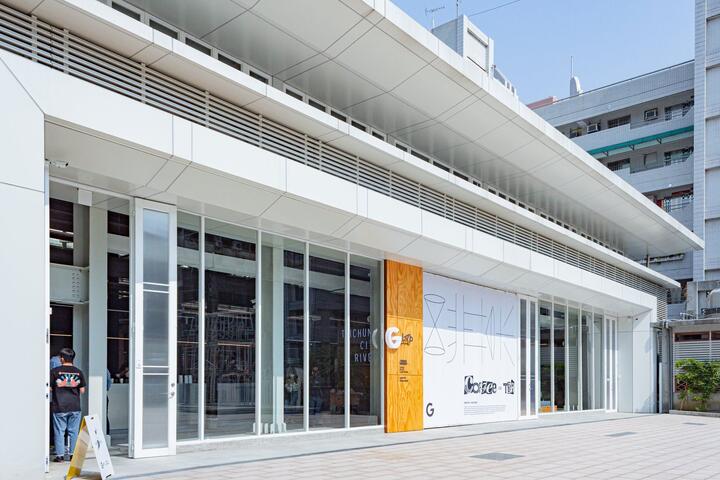Taiwan Provincial Examination Hall Introduction
無

無
Address:No. 38-8, Fuhou Street, West District, Taichung City 403
無
Taiwan Provincial Examination Hall Travel Information
Address:No. 38-8, Fuhou Street, West District, Taichung City 403
Other Nearby Attractions: Taichung Prefectural Hall 、 Taichung City Hall 、 National Museum of Cartoon Art (Taichung Prison Martial Arts Hall) 、 Fifth Market 、 Taichung Literature Museum 、 Fourth Credit Cooperative 、 Lin Chih-tzu Memorial Hall 、 National Central Library 、 Liuchuan Riverside Landscape Trail 、 Green Rail Trail 1908
Nearby Cuisine: Chun Shui Tang - Siwei Branch 、 Chen Yun Baoquan - Liberty Main Store 、 Central Africa Coffee 、 Chih Kuang Engineering Office 、 Qinyuanchun 、 Yuan Tso Industrial Co., Ltd. - Taichung Fuxing Store 、 Shun Coffee 、 Zheng Lao Pai Mian Xian Hu 、 Chun Shui Tang - New Era Store 、 Smoky Joe's American-Mexican Restaurant